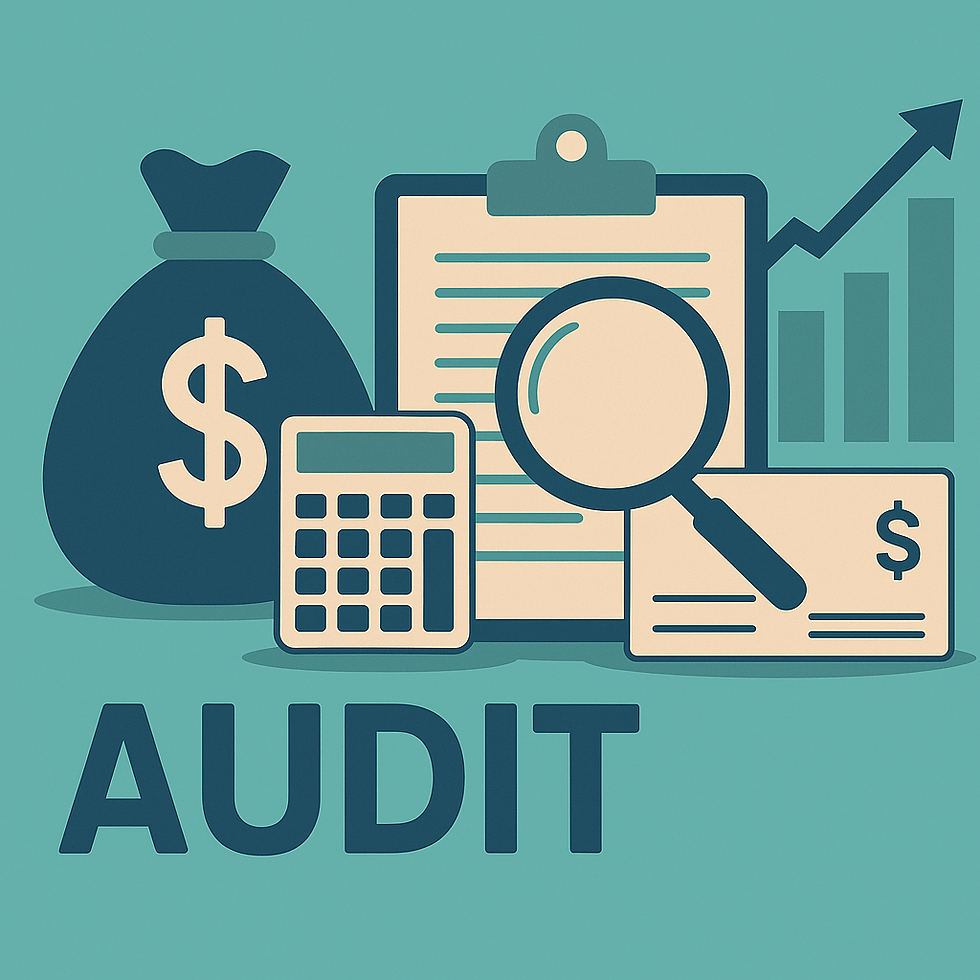The Wage and Hour Division's PAID Program Is Back. Should Florida Employers Participate?
- Mark Addington
- Jul 24, 2025
- 3 min read

On July 24, 2025, the U.S. Department of Labor’s Wage and Hour Division (WHD) officially relaunched the Payroll Audit Independent Determination (PAID) program. While this voluntary self-audit initiative might appear to offer relief for businesses facing potential wage and hour violations, Florida employers should approach it with caution. Participation carries real risks that should be considered before any perceived benefits.
The first and most significant risk is that the program requires employers to report directly to the federal government any violations of the Fair Labor Standards Act (FLSA) or the Family and Medical Leave Act (FMLA). This disclosure amounts to a formal admission of noncompliance. Once made, that admission becomes part of the company’s record. Even if the employer resolves the matter through WHD oversight, employees who decline to accept the proposed settlement can still sue. Additionally, this disclosure may surface in future litigation involving unrelated claims or draw scrutiny from other agencies or courts.
The second issue is that the PAID program does not shield an employer from liability under Florida law. Participation only covers federal violations. It does not offer protection from the Florida Minimum Wage Act or local wage ordinances. For example, even if an employer corrects a minimum wage error under federal rules, the employee may still bring a state-level claim for the same pay period, including potential penalties and attorney’s fees.
Third, employee participation is not guaranteed. To complete the PAID process, the employer must present the proposed back pay and obtain a signed release from each affected employee. If an employee chooses not to accept the payment or sign the release, the employer remains exposed to private litigation. The company may still face claims for unpaid wages, liquidated damages, and attorney’s fees, even after full cooperation with the WHD.
Another critical concern is the transparency the program requires. Employers must submit detailed payroll records, calculations, and documentation to the WHD, ensuring accuracy and completeness. If a business has poor timekeeping systems or inconsistent wage records, those issues may become liabilities during the PAID process. Errors in calculating back pay or communicating with employees can increase the risk of further enforcement or litigation.
That said, the program still offers potential benefits. When properly executed, it enables a streamlined resolution of violations, often without incurring civil penalties or double damages. Employers with strong documentation, legal guidance, and a genuine interest in correcting issues may find the process to be less costly than private litigation or complete WHD investigations. The WHD also provides assistance in calculating back pay and structuring employee notifications, which can help avoid procedural missteps. In some cases, participation may serve as evidence of good faith, which courts might consider favorably in subsequent disputes.
Despite those advantages, the decision to participate in PAID should never be made without legal counsel. Employers must understand that the program does not provide blanket immunity and that participation may increase risk in some cases, especially where state law claims are involved or documentation is weak.
Florida employers considering this program should first conduct a private internal audit with the assistance of legal counsel. If a significant issue is identified, the next step is to weigh whether voluntary disclosure through PAID is the most effective way to correct the problem. In some cases, private correction or quiet resolution may present less risk than participation in a federally supervised process.
The return of the PAID program is an important development in wage and hour compliance. But it is not a free pass. For Florida businesses, it should be viewed as one option among many, and never as a means to circumvent liability.




Comments